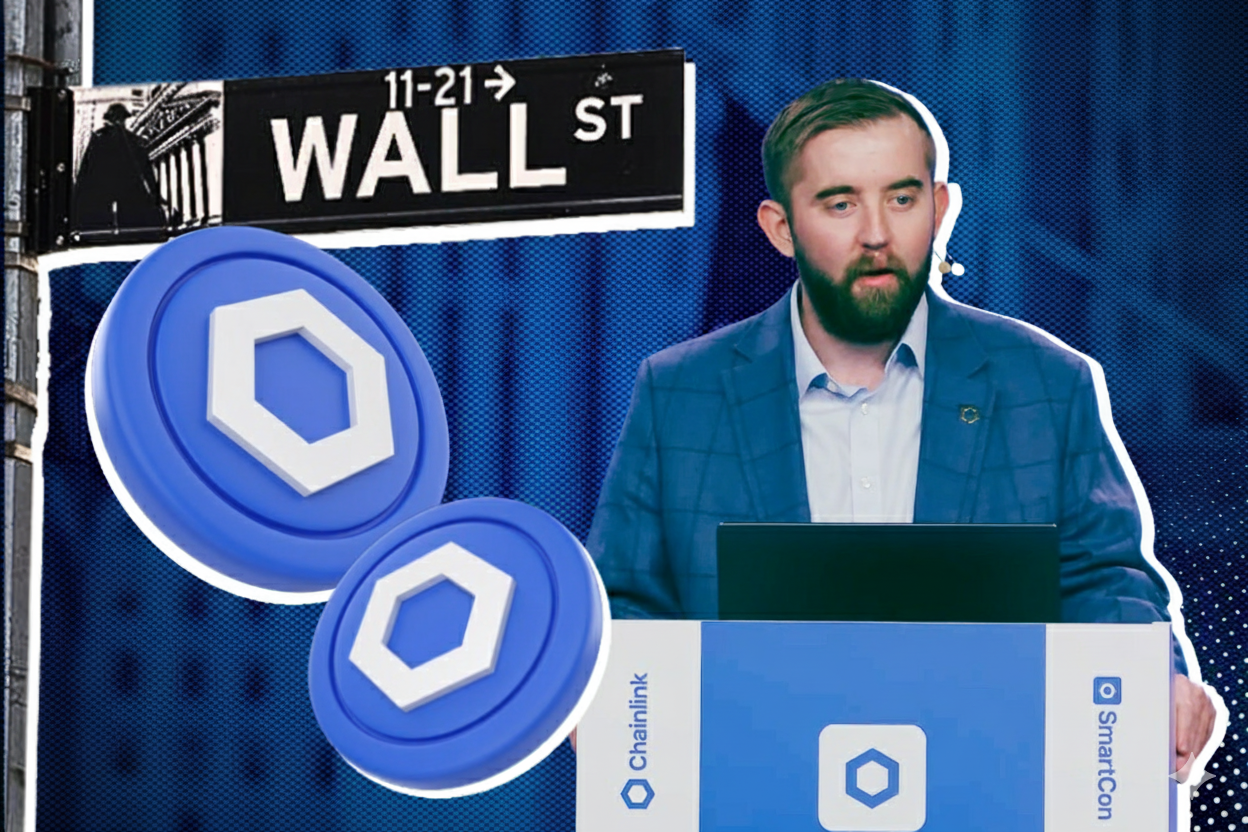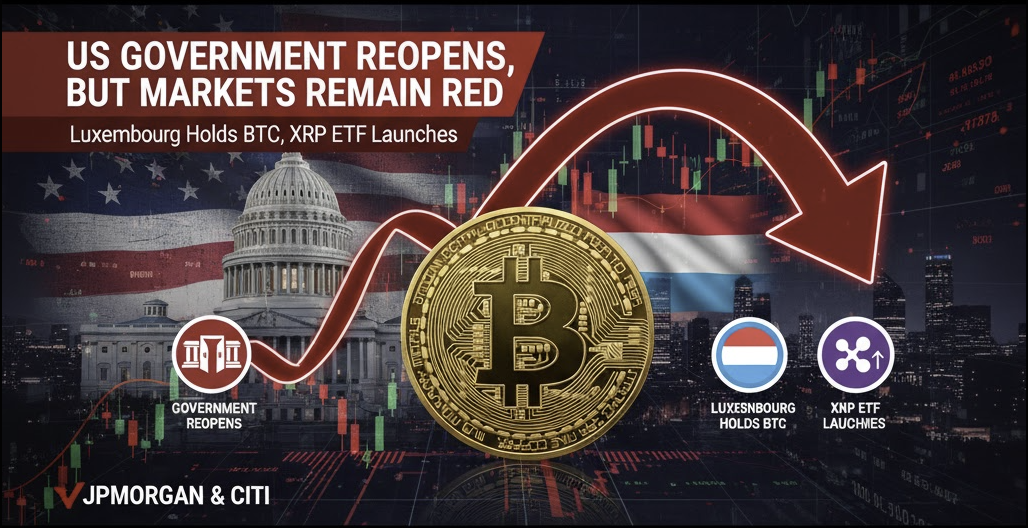The US labor market is weaker than forecasted, leading to market expectations that the Fed will cut interest rates. However, experts warn of recession risks if the decision is merely a reaction to a weak economy. Concurrently, Vietnam is piloting its first-ever regulated program for crypto assets.
Market Overview
US equities closed with gains across all three indices on Tuesday (September 9th, US), with the Dow Jones rising the most at 0.43%. Stock futures were also trending slightly upward. Oil prices rose to $63 per barrel. Gold saw a slight decrease but remained high at $3661 per ounce.
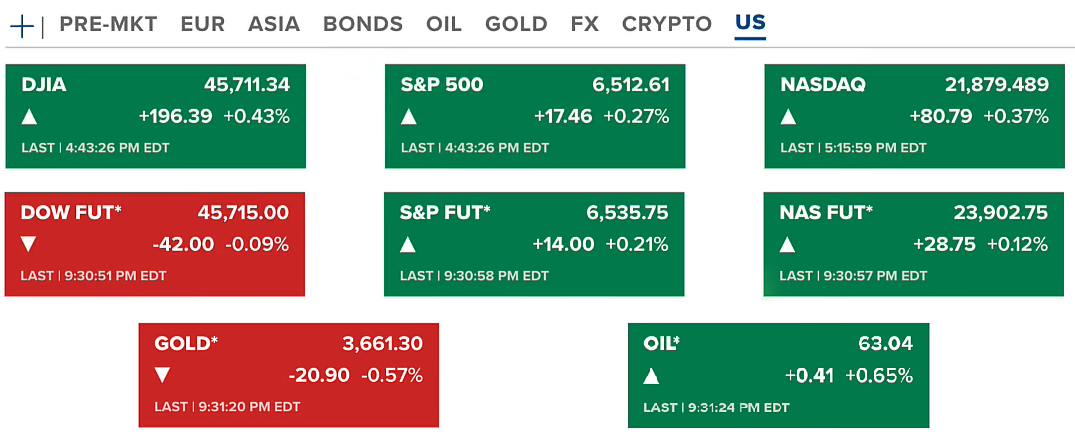
Bitcoin held around the $112,000 level. Most major altcoins traded sideways or saw minor declines. The overall crypto market capitalization fell to $3.99 trillion.

US BTC spot ETFs saw inflows of $23 million on Tuesday. The total inflow was small because three funds saw outflows, which were offset by inflows into BlackRock's IBIT fund. ETH spot ETFs also saw inflows of $44.2 million, all from the ETHA fund.

Weak US Jobs Data Fuels Rate Cut Hopes, but Recession Fears Loom
The US Department of Labor released an adjusted report showing that in the 12 months leading up to March 2025, there were 911,000 fewer jobs than initially reported—the largest reduction since 2002. Average monthly job growth was about 76,000 lower than estimated, reflecting a weaker labor market in 2024 and early 2025. The sectors with the steepest cuts included leisure and hospitality (-176,000), professional and business services (-158,000), and retail (-126,200). Most sectors saw declines, with only transportation, warehousing, and utilities seeing slight increases.
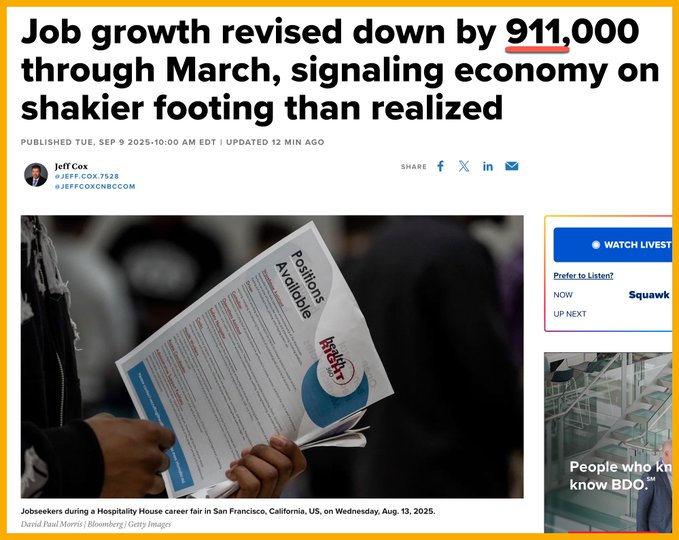
The US labor market is much weaker than previously reported, suggesting that Fed Chairman Powell's optimistic assessments of employment were not accurate. This increases the expectation that the Fed will cut interest rates at its upcoming meeting on September 17th. However, experts warn that the reason behind a rate cut is crucial: if it is a response to economic weakness, it could fuel recessionary fears rather than boost the market. JPMorgan forecasts that the market could see a "sell the news" effect when the rate cut decision is announced, as this expectation has already been priced in.
This week, investors are focused on the PPI data and especially the CPI report to be released on Thursday, as these are key indicators before the Fed meeting. If CPI surges, the Fed will face a difficult dilemma: keeping interest rates unchanged would be a problem, but cutting them would worsen inflation, creating a risk of stagflation. In Europe, the ECB, after several rate cuts to 2.15%, is now considering a pause due to fears of inflation returning, while France's economy faces pressure from public debt and high spending. In contrast, the Fed still holds rates at 4.25–4.5%, giving it a much larger margin to adjust if risks arise.
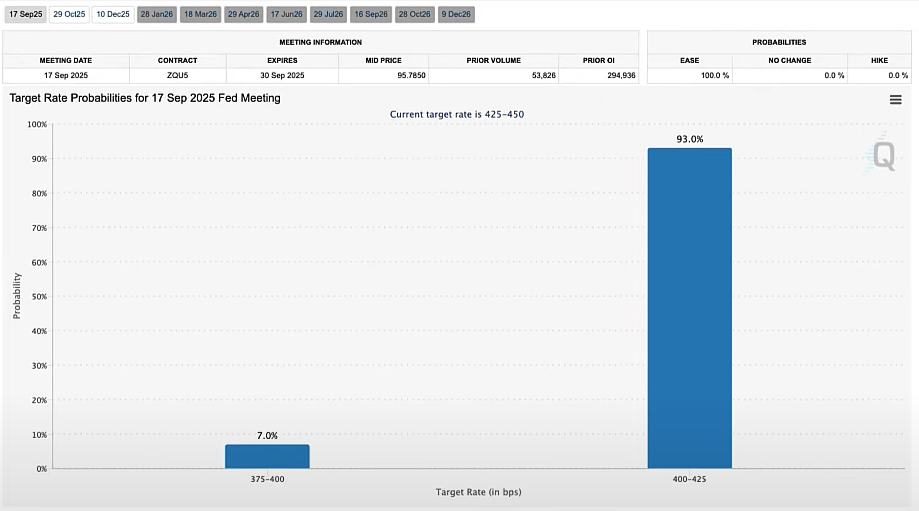
From a political standpoint, President Donald Trump has criticized the Fed for being "broken" and reacting too slowly to inflation by raising interest rates belatedly in 2022. He agrees with experts who say the Fed should act faster and more aggressively, possibly with a 0.5%–1% rate cut soon. Trump emphasizes that the Fed's biggest problem is weak leadership, not its independence. In summary, the market is betting heavily on a September Fed rate cut, but the outcome will depend on the upcoming CPI data. If inflation exceeds forecasts, the risk of stagflation will become the worst-case scenario, leading to significant volatility in global financial markets.
Trump's Tariff Lawsuit Update
The Supreme Court will review the Trump administration's appeal against lower court rulings that found many of the tariffs imposed by President Trump to be illegal. The court has agreed to an expedited review and will hold a one-hour hearing in the first week of November. The case combines two lawsuits filed by seven small businesses and a dozen states that successfully argued that the tariffs were unlawful. The Trump administration has warned that if the court delays until June, the Treasury Department might be forced to refund $750 billion–$1 trillion in collected tariffs. House Ways & Means Committee Chairman Jason Smith, a close ally of President Trump, said he would "respond appropriately" if the tariffs are struck down.
Crypto Bills Face Setbacks in the Senate
The US Senate is preparing to advance a key bill on crypto market structure this fall, but progress is likely to be delayed due to political disagreements. One of the key points of the bill is the role of the Agriculture Committee, as oversight would be shared between the Banking Committee and the Agriculture Committee, which is directly related to the CFTC. According to the House's Digital Asset Market Clarity Act, the CFTC may expand its oversight authority.

The biggest difference between the two chambers lies in the concept of "ancillary assets," which the Senate included. This mechanism aims to exclude certain digital assets from securities regulations, even if they are tied to an investment contract, thereby creating legal clarity and preventing all tokens from automatically falling under the SEC's oversight. However, Democrats on the Banking Committee warn that this provision could become a "highway" for traditional securities to escape SEC control, and even the staunchly pro-crypto venture capital firm Andreessen Horowitz has expressed concerns. This very difference is expected to be the biggest bottleneck in the reconciliation process between the two bill versions.
Initially, the White House hoped the bill could be passed before the August recess, but now the target has been pushed to the end of the year. Senator Cynthia Lummis predicts that the committees will only finalize their portions in September and October. Concurrently, the banking industry is lobbying for an amendment to the GENIUS stablecoin Act that would tighten regulations on non-bank entities for paying interest on stablecoins, which the crypto community opposes due to concerns that it would limit competition and innovation. All of these factors indicate that while the bill is at the center of US crypto regulatory efforts, the path to passage will be contentious and is likely to be delayed.
Vietnam Pilots a 5-Year Crypto Asset Program
Vietnam will launch a 5-year pilot program for the crypto asset market, effective September 9, 2025, under Resolution 5/2025/NQ-CP signed by Deputy Prime Minister Ho Duc Phoc. The pilot program includes the offering, issuance, trading, and service provision of crypto assets, under the management of the Ministry of Finance. Both Vietnamese and foreign organizations and individuals can participate but must comply with strict regulations. The main principles are caution, control, safety, transparency, and investor protection. All transactions must be conducted in Vietnamese Dong.
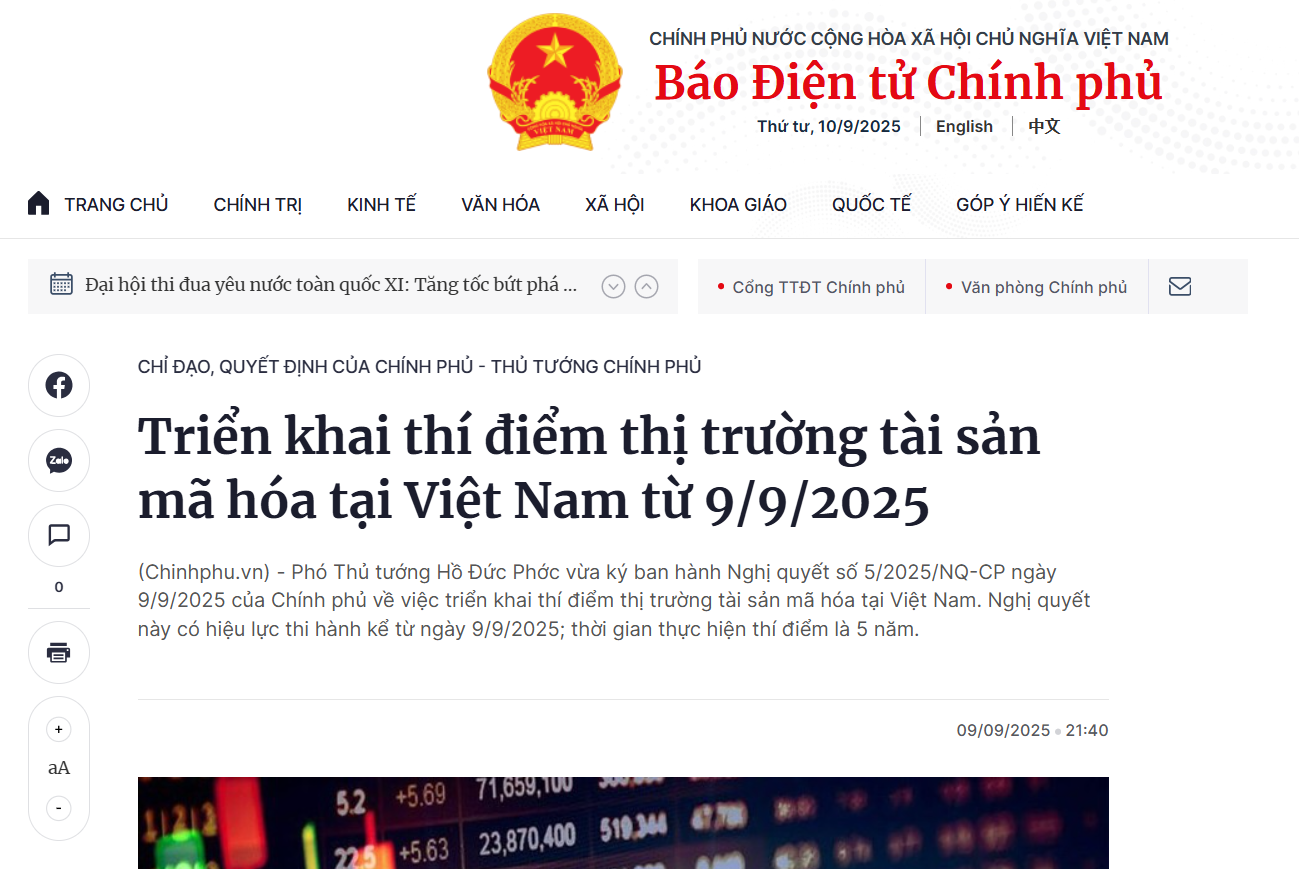
Issuance Regulations:
- Only Vietnamese companies (limited liability or joint-stock companies) are allowed to issue crypto assets.
- Crypto assets must be backed by real assets (excluding securities or fiat currency).
- Tokens can only be offered and traded between foreign investors through a licensed service provider.
- Issuers must disclose information at least 15 days before an offering.
Trading Regulations:
- Both domestic and foreign investors can open accounts with licensed service providers.
- After 6 months from the date the first crypto asset service provider is licensed, domestic investors trading crypto assets not through a licensed provider will be subject to administrative violations or criminal prosecution, depending on the nature and extent of the violation.
- Licensed organizations can operate exchanges, conduct proprietary trading, provide custody, and offer issuance platforms.
Licensing Conditions for Service Providers:
- Must be a Vietnamese company with a minimum charter capital of 10 trillion VND.
- Foreign ownership cannot exceed 49%.
- At least 65% of capital must come from organizations, with at least two major financial institutions (banks, securities firms, insurance companies, or tech firms).
- Leadership and technical teams must have professional experience and certifications.
- The technology system must meet Level 4 security standards.
- Risk management, anti-money laundering (AML), Know Your Customer (KYC), and investor protection procedures are mandatory.
Tax Policy: Until separate regulations are established, crypto asset transactions will be taxed like securities. The resolution introduces two foundational concepts: a digital asset is an asset that exists in the form of digital data and is recognized by the Civil Code, including various types such as electronic securities, digital real estate, and in-game items; a crypto asset is a subset of digital assets that is authenticated by cryptographic technology and does not include securities, fiat currency, or other financial assets. This definition is broad enough to cover Bitcoin, Ethereum, and other cryptocurrencies, though the document does not explicitly list which ones are approved for trading.
Other Key Crypto & Market Updates
Metaplanet, a Japanese hotel and real estate conglomerate, has announced that it will issue 385 million new shares (approximately $1.44 billion) to expand its Bitcoin holdings and related business ventures.
South African investment firm Altvest Capital has announced a plan to raise $210 million to purchase Bitcoin and rebrand as Africa Bitcoin Corp.
Ripple has partnered with Spanish bank BBVA to launch crypto custody services, allowing customers to buy, sell, and store Bitcoin and Ethereum directly within the bank. BBVA—one of Europe's largest banks with over 80 million customers—had previously partnered with Ripple in Switzerland and Turkey. This move comes as European banks prepare to comply with MiCA regulations. By integrating Ripple's technology, BBVA can offer comprehensive, secure, and transparent custody services without needing a third party.
Ant Digital, a subsidiary of Ant Group founded by Jack Ma, is tokenizing over $8.4 billion in energy infrastructure, such as wind turbines and solar panels, on its AntChain platform. The system tracks 15 million devices, records electricity output and operational status, and stores the data on the blockchain to ensure transparency and immutability. Tokenization enhances project efficiency through accurate data and the ability to manage assets with smart contracts. However, the initial phase is primarily attracting institutional investors, with limited interest from retail. Ant Digital is also considering listing the tokens on international exchanges, but this would require regulatory approval.
OpenSea is launching a new NFT reserve fund of over $1 million called the Flagship Collection, which aims to preserve culturally significant NFT artworks. It will begin with CryptoPunk #5273 and is expected to expand to new artists. Simultaneously, the platform is preparing to launch its own SEA token along with a "prize treasury" of $1 million in OP and ARB tokens. Users can earn SEA by trading NFTs, tokens, or completing tasks. Additionally, OpenSea is upgrading its platform and mobile app and developing a new app with AI integration to improve user experience.
ALT5 Sigma has amended its agreement with World Liberty Financial (WLF) after consulting with Nasdaq. Under the new terms, Eric Trump will only serve as an observer rather than a board member to ensure compliance with listing regulations. WLF—a project backed by the Trump family—will remain a primary investor, while Zachary Folkman will officially represent it on the Board of Directors after shareholder approval. This announcement caused ALT5 Sigma's stock to drop by nearly 4%. Previously, the company had raised $750 million to acquire WLF crypto and planned to raise an additional $1.5 billion through stock issuance to buy more tokens, build a crypto treasury, pay down debt, handle litigation, and fund operations.
A recent NPM supply chain attack stemmed from a prominent developer's account, Qix-, being compromised via a phishing email. The hacker uploaded malicious software packages to steal crypto by changing the recipient wallet addresses to their own. Some developers inadvertently downloaded these packages, which were particularly dangerous for crypto wallet projects. However, the actual damage was small, only about $500, as the malware caused system crashes, leading to its early detection. Cold wallets like Ledger and Trezor were not affected, and users can stay safe by always verifying addresses directly on their devices. Hot wallets like MetaMask or Trust Wallet are also safe due to their version locking and periodic checking mechanisms. This was not a blockchain attack but an exploitation of a Web2 vulnerability in a centralized repository, highlighting the security risks of the interdependent relationship between Web2 and Web3.
Sources
- The New York Times
- Fox Business
- Bloomberg
- SEC
- The Supreme Court
- CME FedWatch Tool
- MicroStrategy Investor Relations
- Metaplanet Investor Relations
- Ripple Official Announcements
- Ant Group
- OpenSea
- ALT5 Sigma Investor Relations
- Vietnam Ministry of Finance
Disclaimer
This article is for informational purposes only and should not be considered financial advice. Please do your own research before making investment decisions.

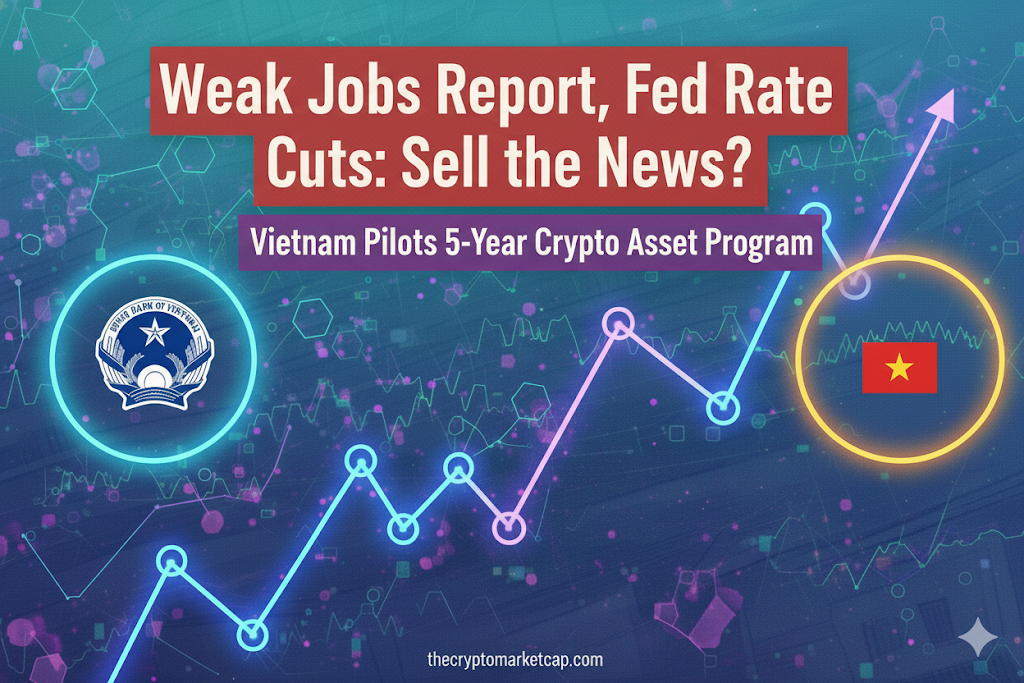
.png)



